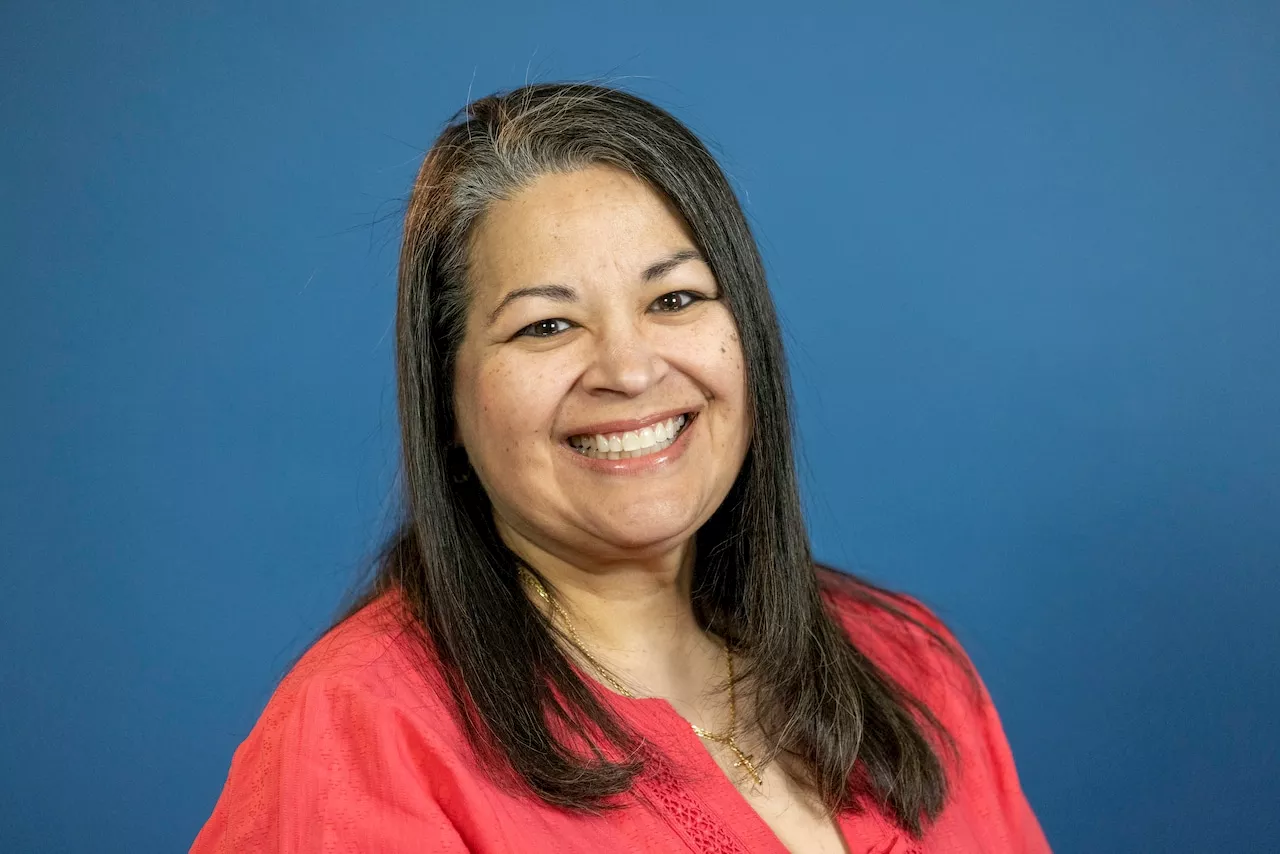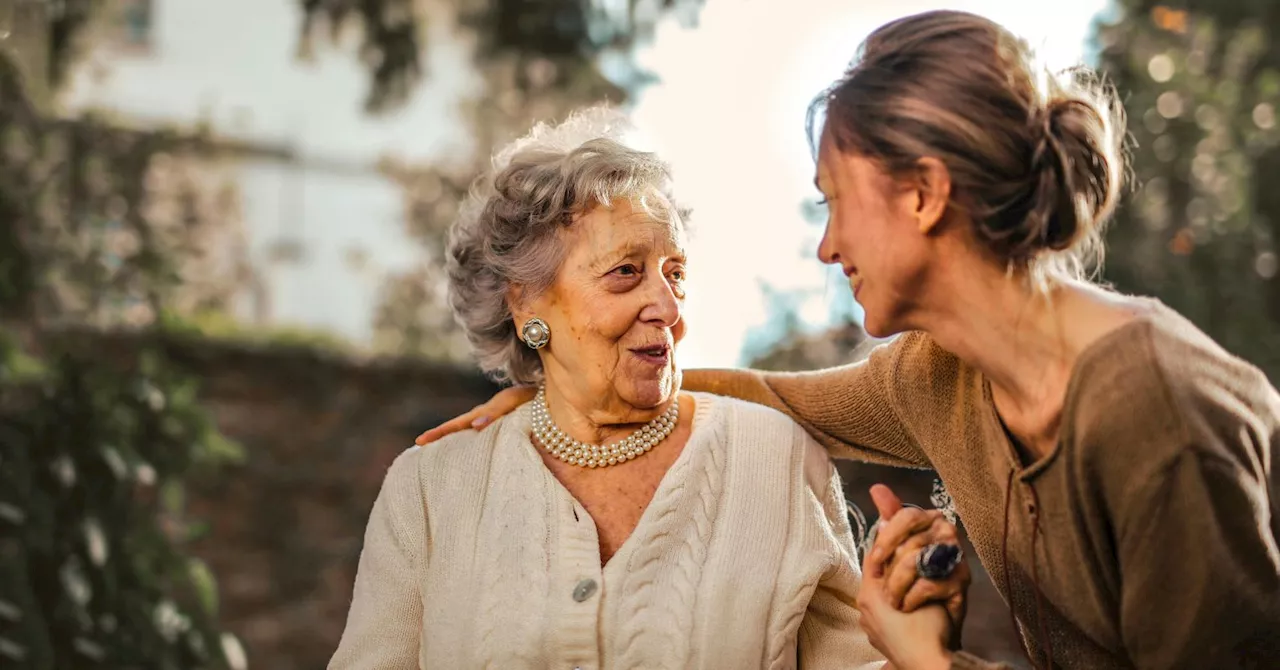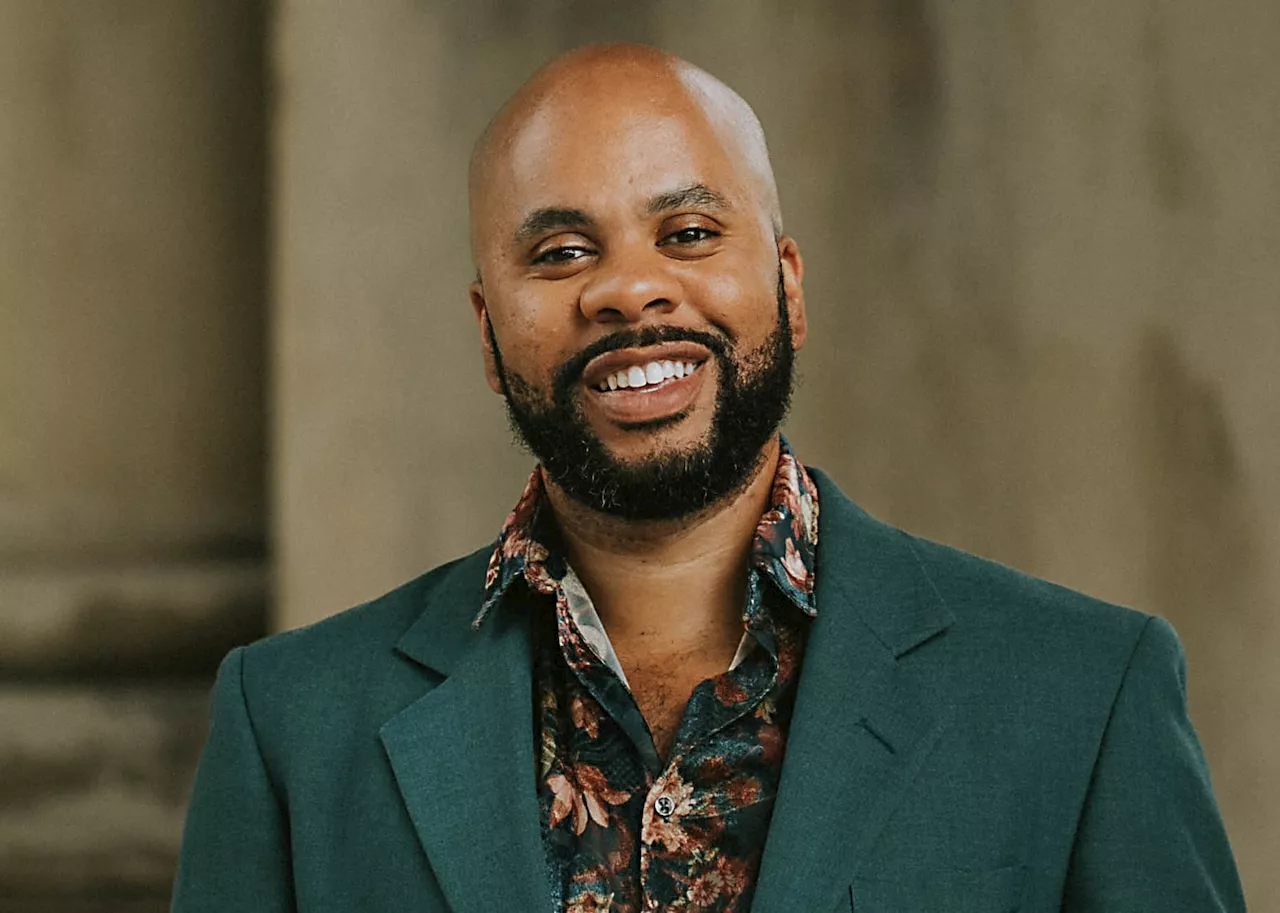A 70-year-old woman, caring for her 93-year-old mother, expresses her frustration and exhaustion over the years of unpaid care. She feels unsupported by her siblings, who stand to inherit more financially if their mother were in assisted living.
I am a retired 70-year-old. My mother is 93 and lives alone about 20 miles from me. She has lived in her home for more than 50 years, is relatively healthy and can still take care of herself. I am her primary caregiver. She does not drive. For 10 years, I have taken her to all of her many doctor appointments, done her grocery shopping, driven in to respond to late-night “emergencies” and taken care of everything she needs. I do not get compensated in any way, shape or form.
I have three younger siblings. Two live out of town and one lives even further from my mother than I do. Lately, I have started to think about how much this has been costing me over the years. By taking care of my mother, my siblings all stand to inherit thousands of dollars more than if she were in assisted living and we’d have to use the proceeds of selling her home to pay for it. So, I am putting them in a better financial position while I continue to take care of my mother. None of them have ever brought up any type of compensation for all I do. In fact, the only one who offers me gas money or money for my time is my mother. (Which I refuse.) She gets it, why don’t they? They are clueless and I am extremely frustrated. The fatigue and frustration you’re feeling is understandable. It’s also hard to navigate. While you love your mother and want to do what you can to make her life as good as possible, there are aspects of caregiving that can be overwhelming. Many people in caregiver roles for family members experience similarly difficult emotions, which is why you’ll find support groups for caregivers in person and online. This may be a helpful option for you, too. Try to separate the future financials from your mother’s needs in the present. Money is a red herring here. Not to say it doesn’t matter, rather that the imbalance you’re feeling is largely emotional, but it more easily latches on to something concrete like money. Yes, the siblings may inherit more than they would have. But if you hadn’t made the sacrifices you’ve made, your mom wouldn’t be as happy. Remembering the why behind your actions will help reorient them. Think also about what you really want from your siblings. If it’s actually compensation, then say that. If it’s more thanks, say that, too. I fear that what you really want is some time back, some more help in the past. I’m sorry that they can’t provide that. But they also haven’t gotten the benefit of the time you’ve spent with your mother. This is a complex experience. Being clear about what you’re feeling and what you’re asking for and from whom will help you see what’s possible and what needs to be accepted
Caregiving Family Inheritance Communication Support
United States Latest News, United States Headlines
Similar News:You can also read news stories similar to this one that we have collected from other news sources.
 The Cost of Love: How Much Do Relationships Really Cost?A recent survey reveals the average American spends thousands of dollars annually on their relationships, highlighting the financial commitment involved in romance.
The Cost of Love: How Much Do Relationships Really Cost?A recent survey reveals the average American spends thousands of dollars annually on their relationships, highlighting the financial commitment involved in romance.
Read more »
 ElliQ Companion Robot Gets a Caregiving Upgrade with New AI-Powered SolutionIntuition Robotics' ElliQ, originally designed as a friendly voice assistant for seniors, now offers a comprehensive caregiving solution with its new ElliQ Caregiver Solution. The AI-powered system combines the ElliQ robot with a Caregiver app, enabling real-time monitoring of seniors' health and well-being.
ElliQ Companion Robot Gets a Caregiving Upgrade with New AI-Powered SolutionIntuition Robotics' ElliQ, originally designed as a friendly voice assistant for seniors, now offers a comprehensive caregiving solution with its new ElliQ Caregiver Solution. The AI-powered system combines the ElliQ robot with a Caregiver app, enabling real-time monitoring of seniors' health and well-being.
Read more »
 The Calculated Dance: Balancing Work and Caregiving for ParentsWorking parents often make strategic decisions to juggle work demands and childcare responsibilities. They may avoid social interactions, work remotely, or meticulously schedule meetings to maximize efficiency. While these tactics can be effective, they can also lead to feelings of isolation and disconnect from colleagues. This article explores the challenges and solutions for both parents and managers to create a more inclusive and supportive work environment.
The Calculated Dance: Balancing Work and Caregiving for ParentsWorking parents often make strategic decisions to juggle work demands and childcare responsibilities. They may avoid social interactions, work remotely, or meticulously schedule meetings to maximize efficiency. While these tactics can be effective, they can also lead to feelings of isolation and disconnect from colleagues. This article explores the challenges and solutions for both parents and managers to create a more inclusive and supportive work environment.
Read more »
 Ask Yadi: What to do when caregiving duties extend beyond paid hoursCaregiver asked to run errands off the clock, how to handle?: Ask Yadi has the answer
Ask Yadi: What to do when caregiving duties extend beyond paid hoursCaregiver asked to run errands off the clock, how to handle?: Ask Yadi has the answer
Read more »
 Navigating Financial Caregiving During DementiaThis article provides practical advice for families facing dementia, focusing on the crucial aspect of financial caregiving. It covers recognizing early warning signs, managing financial affairs, protecting against scams, and securing long-term interests.
Navigating Financial Caregiving During DementiaThis article provides practical advice for families facing dementia, focusing on the crucial aspect of financial caregiving. It covers recognizing early warning signs, managing financial affairs, protecting against scams, and securing long-term interests.
Read more »
 Steve Guttenberg's Memoir 'Time to Thank: Caregiving for My Hero' Chronicles Father-Son BondActor Steve Guttenberg's heartfelt memoir explores his close relationship with his father, Stanley, from childhood to their final years together. The book delves into their shared experiences, including Guttenberg's Hollywood journey and his dedication to becoming Stanley's caregiver after his kidney failure diagnosis.
Steve Guttenberg's Memoir 'Time to Thank: Caregiving for My Hero' Chronicles Father-Son BondActor Steve Guttenberg's heartfelt memoir explores his close relationship with his father, Stanley, from childhood to their final years together. The book delves into their shared experiences, including Guttenberg's Hollywood journey and his dedication to becoming Stanley's caregiver after his kidney failure diagnosis.
Read more »
